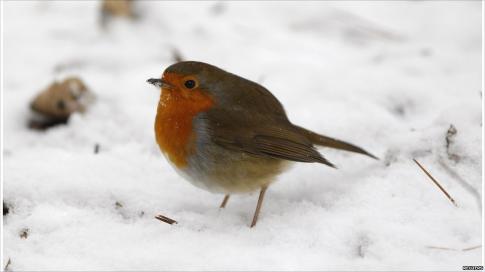From Wikileaks to #ukuncut, Twitter gets political

Twitter has been at the heart of WikiLeaks' fight to survive. It pointed followers towards "mirror sites" in Europe after Wikileaks.com was taken down as part of a wider campaign against it following the leaking of U.S. diplomatic cables.
From keeping the WikiLeaks site alive to helping British anti-austerity protesters outmanoeuvre riot police, Twitter is entering the Western political mainstream as a powerful tool for dissent.
The website where anyone can post 140-character messages with links to multimedia content was praised by the United States last year when Iranian protesters used it to organise and spread news after a disputed presidential election, until Tehran blocked the site as part of a wider clampdown.
Now, as campaigns around both WikiLeaks and British student protests demonstrate, it is showing its effectiveness in new ways as a thorn in the side of established bodies and authority.
Twitter has been at the heart of WikiLeaks' fight to survive. It pointed followers towards "mirror sites" in Europe after Wikileaks.com was taken down as part of a wider campaign against it following the leaking of U.S. diplomatic cables.
As cyber attackers shut down the MasterCard corporate website on Wednesday in apparent retaliation for its blocking of payments to WikiLeaks, Twitter was the vehicle for a group styling itself Anonymous to claim responsibility.
In recent weeks, British students protesting against government plans for a near-trebling of university tuition fees have mobilised the power of the new medium in a battle of wits with police that has also erupted into physical skirmishes.
POLICE CHASE
Last week, police in body armour and fluorescent jackets found themselves literally sprinting to catch up with student demonstrators. Students who had found themselves hemmed in by riot police the previous week used Twitter and smartphones to tip each other off about the location of police lines, and dodged them by breaking into small groups.
"The thing about Twitter is the speed with which it allows information to be disseminated," said Carina O'Reilly, European security analyst at IHS Jane's. "So many of that generation are plugged into it almost continuously. It allows action without centralised leadership. It's one of the reasons the police have been so far behind the curve in the protests so far."
UCLoccupation -- representing student protesters occupying a key part of University College London -- said it proved an "incredible" way to gain publicity and raise funds.
"To start with, we weren't sending that many tweets and I didn't think many people would be watching," Riches -- who normally runs a campus fashion blog at in her spare time -- told Reuters.
"But then we saw how many people were retweeting and it really took off from there. It's been incredible. Without Twitter, I don't think we would have been successful."
INFLUENTIAL AUDIENCE
The tactic helped inspire a string of other university occupations and grabbed the attention of politicians and broadcasters -- both increasingly using social media sites to monitor public opinion, particularly among the young.
Politicians who have made Twitter a key part of their communications strategy can find their walls peppered with requests for support or solidarity -- or simply with abuse. Reuters




 del.icio.us
del.icio.us Digg
Digg

Post your comment